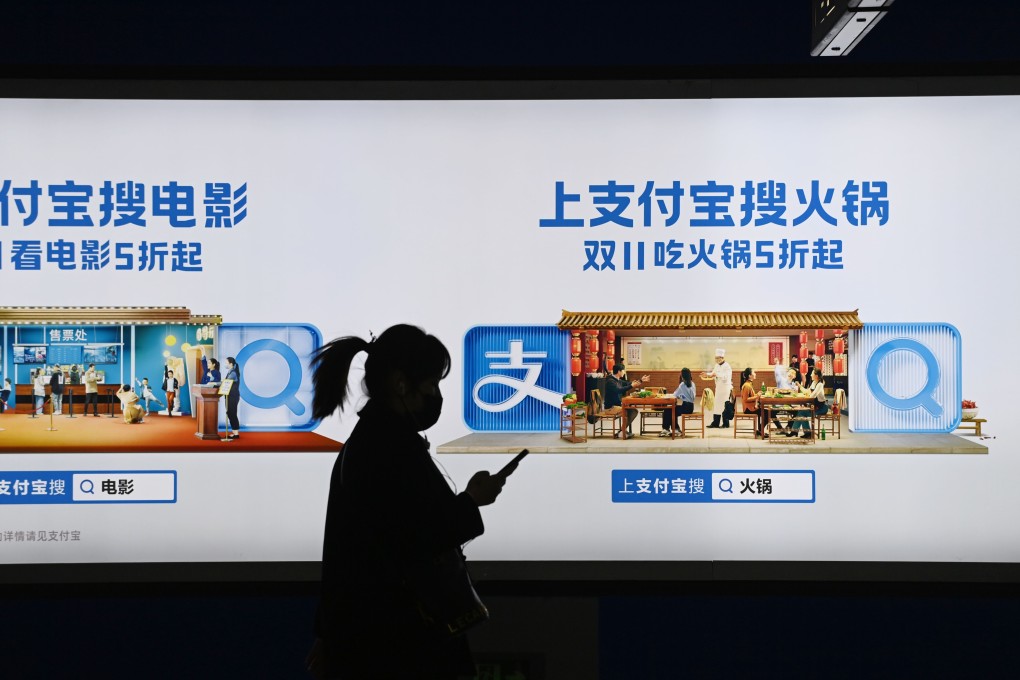Advertisement
Chinese mutual funds to unfreeze US$9 billion of investor capital after Ant Group’s IPO suspension
- Individual investors will have the option to pull some of the US$9 billion from mutual funds after the suspension of Ant’s stock offering
- Mutual funds pooled 60 billion yuan from investors, allowing small investors to overcome the 500,000 yuan minimum threshold to invest on Star Market
Reading Time:2 minutes
Why you can trust SCMP

Zhang Shidongin Shanghai
Five Chinese mutual funds that bought into Ant Group shares will allow investors to pull their money out under a redemption programme after the Chinese government scuttled the fintech giant’s record-breaking initial public offering.
China Universal Asset Management, E Fund Management and three others will allow their fund subscribers the option to retrieve their money within a month starting from November 23, according to statements posted on their websites.
The money managers collected 60 billion yuan (US$8.9 billion) from the sale of fund units to investors ahead of Ant’s IPO. The plan allowed small investors to pool their money for a shot at the expected windfall, helping many of them to overcome the minimum 500,000 yuan needed to invest in Shanghai’s Star Market.
Advertisement
Ant’s US$39.67 billion IPO attracted a combined US$3 trillion from retail investors in Shanghai and Hong Kong, before it was unexpectedly halted on November 3 some 48 hours before its debut. Ant refunded investors immediately thereafter.

03:04
What is Jack Ma’s Ant Group and how does it make money?
What is Jack Ma’s Ant Group and how does it make money?
China on November 10 unveiled a new guideline to target monopolistic practices of its tech giants like Alibaba Group Holding, Tencent Holdings and Meituan, wiping some US$200 billion in market value over two days. Ant operates China’s largest online payment platform Alipay. Alibaba, the owner of this newspaper, owns one-third of the fintech.
Advertisement
Advertisement
Select Voice
Select Speed
1.00x